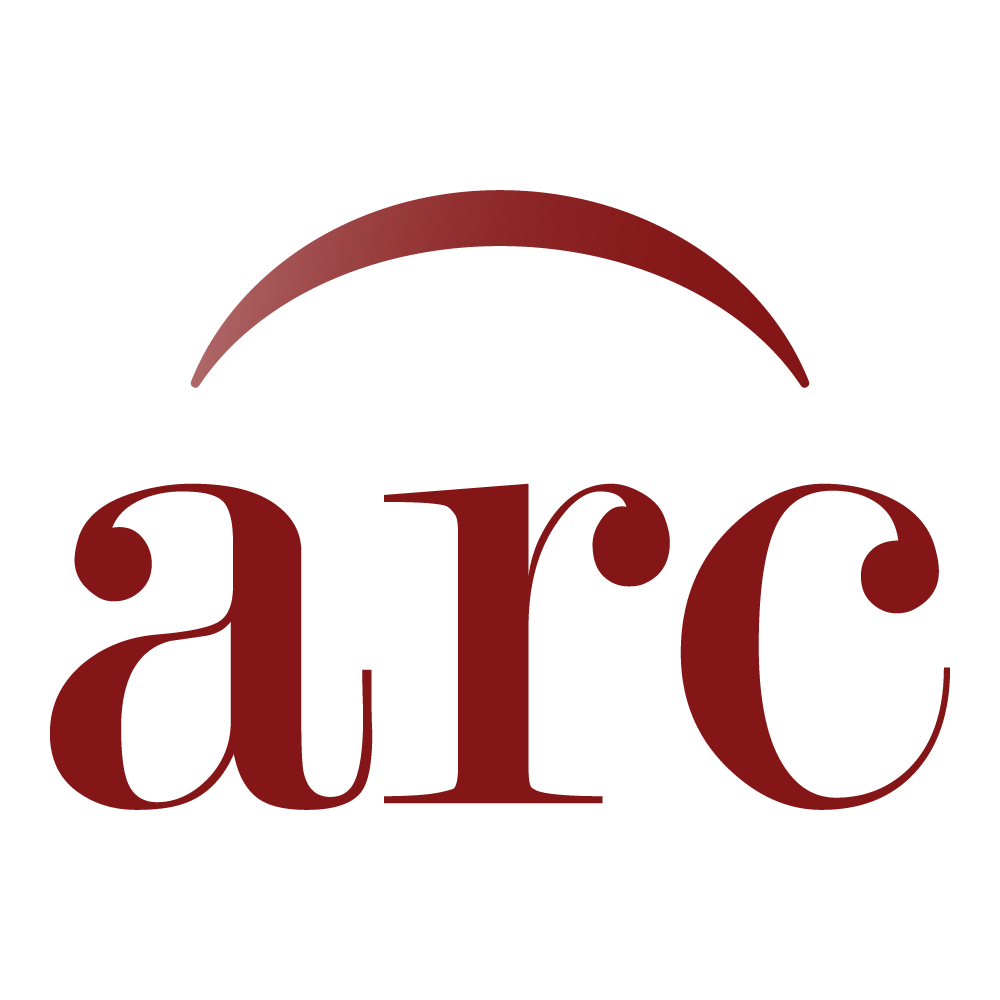Box 83
Container
Contains 28 Collections and/or Records:
Interior, General, I-Z, 1967
File — Box: 83, Folder: 3
Identifier: CAC_CC_038_8_83_3_0000
Scope and Contents
The Monroney Collection is 98 linear feet in addition to audio-visual and oversize materials. Although Mike Monroney was in Congress from 1938 to 1968, his collection has very little material from many of his years of service. In 1973, the National Archives destroyed over 90 percent of his early papers. The bulk of the surviving collection is from the years 1962-1968. For the most part, the series divisions demonstrate what topics the collection covers.
Interior, Indians, A-B, 1967
File — Box: 83, Folder: 4
Identifier: CAC_CC_038_8_83_4_0000
Scope and Contents
The Monroney Collection is 98 linear feet in addition to audio-visual and oversize materials. Although Mike Monroney was in Congress from 1938 to 1968, his collection has very little material from many of his years of service. In 1973, the National Archives destroyed over 90 percent of his early papers. The bulk of the surviving collection is from the years 1962-1968. For the most part, the series divisions demonstrate what topics the collection covers.
Interior, Indians, C, 1967
File — Box: 83, Folder: 5
Identifier: CAC_CC_038_8_83_5_0000
Scope and Contents
Topics include Arapaho Indians, Cherokee Indians, and Cheyenne Indians.
Interior, Indians, D-F, 1967
File — Box: 83, Folder: 6
Identifier: CAC_CC_038_8_83_6_0000
Scope and Contents
The Monroney Collection is 98 linear feet in addition to audio-visual and oversize materials. Although Mike Monroney was in Congress from 1938 to 1968, his collection has very little material from many of his years of service. In 1973, the National Archives destroyed over 90 percent of his early papers. The bulk of the surviving collection is from the years 1962-1968. For the most part, the series divisions demonstrate what topics the collection covers.
Interior, Indians, G-L, 1967
File — Box: 83, Folder: 7
Identifier: CAC_CC_038_8_83_7_0000
Scope and Contents
Correspondents include Henry M. Jackson.
Interior, Indians, M-R, 1967
File — Box: 83, Folder: 8
Identifier: CAC_CC_038_8_83_8_0000
Scope and Contents
Topics include Osage Indians and Pawnee Indians. Correspondents include George S. McGovern.
Interior, Indians, M-R, 1967
File — Box: 83, Folder: 9
Identifier: CAC_CC_038_8_83_9_0000
Scope and Contents
Correspondents include United States Bureau of Indian Affairs (reports).
Interior, Indians, S-Z, 1967
File — Box: 83, Folder: 10
Identifier: CAC_CC_038_8_83_10_0000
Scope and Contents
The Monroney Collection is 98 linear feet in addition to audio-visual and oversize materials. Although Mike Monroney was in Congress from 1938 to 1968, his collection has very little material from many of his years of service. In 1973, the National Archives destroyed over 90 percent of his early papers. The bulk of the surviving collection is from the years 1962-1968. For the most part, the series divisions demonstrate what topics the collection covers.
Interstate Commerce Commission, 1967
File — Box: 83, Folder: 11
Identifier: CAC_CC_038_8_83_11_0000
Scope and Contents
The Monroney Collection is 98 linear feet in addition to audio-visual and oversize materials. Although Mike Monroney was in Congress from 1938 to 1968, his collection has very little material from many of his years of service. In 1973, the National Archives destroyed over 90 percent of his early papers. The bulk of the surviving collection is from the years 1962-1968. For the most part, the series divisions demonstrate what topics the collection covers.
Interstate Commerce Commission, 1967
File — Box: 83, Folder: 12
Identifier: CAC_CC_038_8_83_12_0000
Scope and Contents
The Monroney Collection is 98 linear feet in addition to audio-visual and oversize materials. Although Mike Monroney was in Congress from 1938 to 1968, his collection has very little material from many of his years of service. In 1973, the National Archives destroyed over 90 percent of his early papers. The bulk of the surviving collection is from the years 1962-1968. For the most part, the series divisions demonstrate what topics the collection covers.
